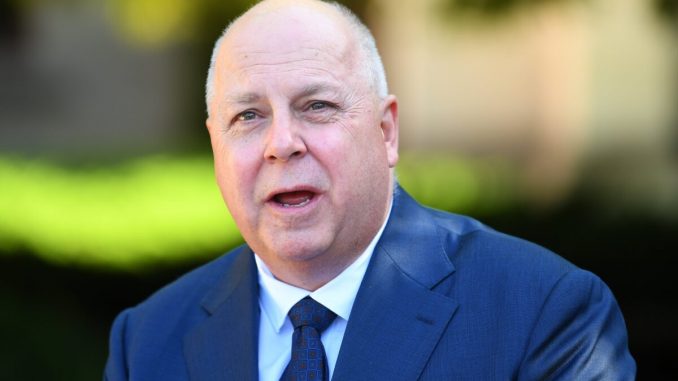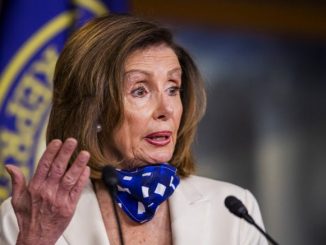
Commentary
One of the most intriguing announcements in last week’s Victorian state budget was the removal of a land tax exemption for gender-exclusive clubs (affecting men-only or women-only clubs). It was also one of the smallest changes in a big-spending, big-taxing budget, reaping the state just $100,000 or so out of a total revenue of $75 billion (US$58 billion) a year.
But the highly selective move against clubs says a lot about the budget and the government that produced it—not that it reveals any devotion to sound principles of taxation, but because this is a government and budget of social engineering.
Hence no stone will be left unturned in pursuit of its thoroughly woke goals, including penalising perceived gender discrimination in every nook and cranny.
It is social engineering with a big price tag, and Victoria’s public finances are in a frightful mess.
The government blames this on the COVID-19 pandemic, but the rot set in long before the virus reached our shores. State government expenditure and debt were rising rapidly. The pandemic has merely propelled it even higher.
The broadest measure of state public sector debt will reach $200 billion four years from now, the highest of any Australian state or territory in absolute terms and relative to economic and revenue size.

Regrettably, the recent federal budget has much in common with Victoria’s. They both face a smashed fiscal position but venture into new and ongoing social spending programs that will ultimately make the budget’s repair more difficult.
However, if Victoria’s approach is to be praised for anything, it is that the government at least does not pretend that it can ramp up spending without ramping up taxation. That is more than can be said for the current federal government.
The Victorian budget contains tax increases of around $1.5 billion a year. If the federal government did proportionately the same, it would raise fifteen times as much. But it is not lifting taxes at all—indeed, it is planning to cut income tax in 2024. The income tax cut is desirable in itself, but the government’s spending plans clash with it.
Victoria’s tax increases have been heavily criticised for targeting property and payrolls—but given the highly centralised nature of the broad-based taxes in Australia, and the narrowness of the tax bases available to states, there is nowhere else for a state to turn if it wants more revenue. The more telling point is there would be no need for more revenue if they were disciplined in their spending.
The previous Labor governments under Premiers Steve Bracks and John Brumby—in office from 1999 to 2010—were relatively disciplined in their spending and actually cut payroll and land tax rates. The current government, although of the same party, is undoing all that work.

The graduated increases in payroll tax rates on firms with national payrolls above $10 million are labelled as a “levy” dedicated to financing new mental health initiatives. This is an accounting gimmick for presentational purposes.
There is no reason for mental health to have its own revenue stream any more than the myriad other state government programs. The levy is a payroll tax increase, pure and simple. To the extent business can’t pass it on to someone else, it will come at a cost to employment in Victoria.
The land tax increases are said to target the wealthy because they only apply above a high-dollar threshold. But the government is apparently oblivious that most of the gleaming office towers and retail hubs sitting on high-value land in Melbourne are indirectly held by many millions of ordinary people through listed and unlisted real estate investment trusts and property development companies in which superannuation funds have large investments.
The increase in property transfer duty (better known as stamp duty) is just extracting yet more revenue from a thoroughly damaging and over-worked tax that, by general agreement of economists, should be abolished.
Victorians who do not own or run businesses might think this is a good budget for them, but it contains many wasteful spending and stores up huge fiscal problems that will burden all Victorians in the future.
Robert Carling is a senior fellow at the Centre for Independent Studies in Sydney, Australia, and a former World Bank, IMF and federal and state Treasury economist.
Views expressed in this article are the opinions of the author and do not necessarily reflect the views of The Epoch Times.






Be the first to comment